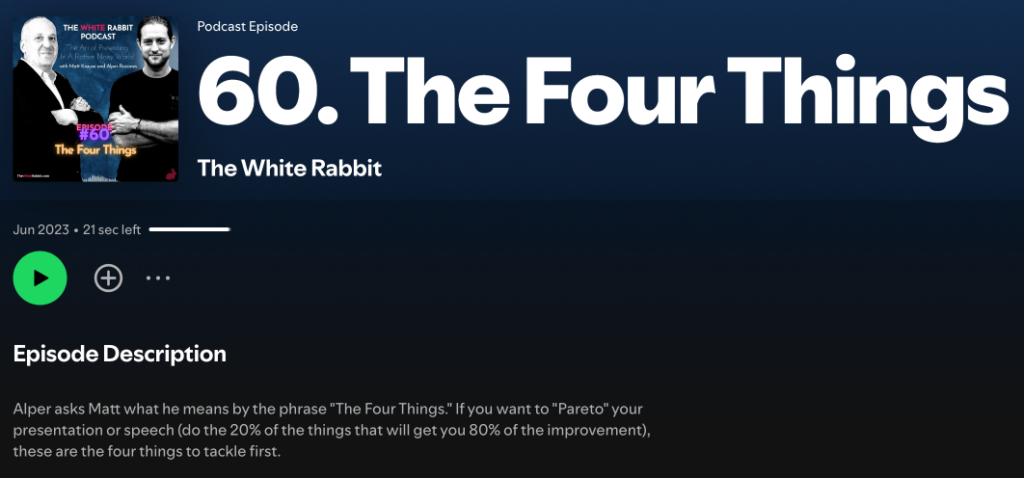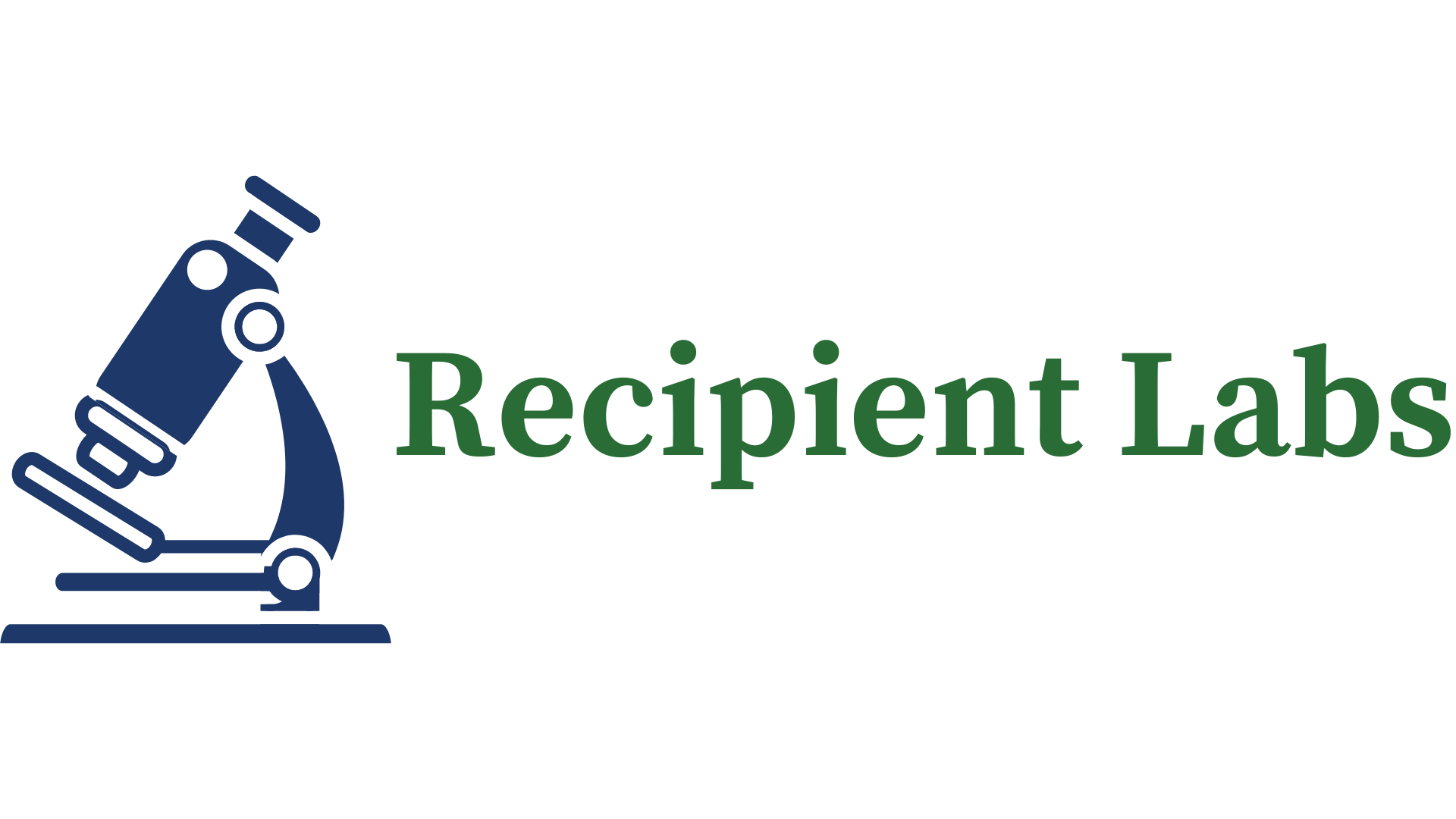When I first moved to Istanbul, some Brits invited me to play in their weekly football game.
Keep in mind that I have never had any football skills whatsoever. None. If my life depended on my ability to dribble a ball, I would be dead within a second.
They invited me over beers, or more correctly, they were drinking beers, and, as is my habit, I was drinking a peach iced tea.
Upon receiving their invitation, I told them that I had no idea how to play, that I had no skills whatsoever, and in fact I would even depend on them to tell me which way to go with the ball.
They said no problem, come anyway, we’ll teach you what you need to know. In other words, you have no choice, we will see you there.
When I got to my first game the others greeted me in a heavy British accent, and my response was “Huh, what?!”
You see, even though I was a native speaker of English, at that point the closest I had come to a British accent was trips to Hong Kong where I was surrounded by people who had come up through a British school system. So when a real Brit said hello to me for the first time, I didn’t even understand what he was saying.
In the end, I ended up playing in that game every week for a couple years, until I dropped out because I felt like I had pushed my luck far enough. People from that game had a weird habit of going to the hospital — what we lacked in skill we more than made up for in roughness. Way more. In fact, sometimes to this day I’m amazed I didn’t lose any teeth or limbs in that game.
My point is that when you want to connect with others, language is only one way you can do it. If I had a dollar for every client who thought perfect English was the way to connect with people, I’d be a very rich man.
The thing is, though, you can connect with someone even if your English language ability is absolutely terrible. There are four ways to do it, and only one of them requires good English.
To learn what those four things are, listen to this podcast episode:

